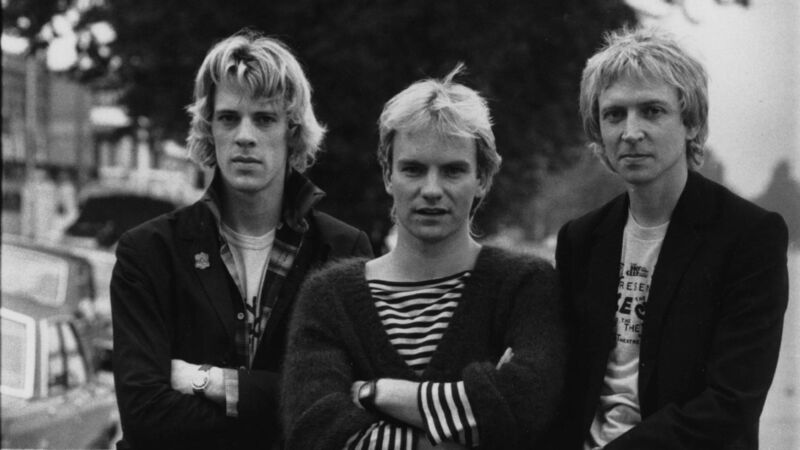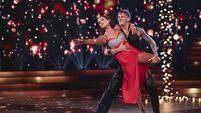Tom Dunne: Re-release of Synchronicity a reminder of the glory days of Sting and The Police

The Police in 1979: Stewart Copeland, Sting (Gordon Sumner) and Andy Summers. Picture: Evening Standard/Getty Images
Sting is a very handsome man. I met him in 2002 for a TV show. There was an audible intake of breath when he entered the room. He seemed cast from different materials to the rest of us. The light shimmered upon him.
He was not modest, however. I was interviewing him about song writing. Most song writers are incredibly modest. They generally exude an air of gratitude and a joking “don’t ask me to do it again” because it can be an elusive gift.





